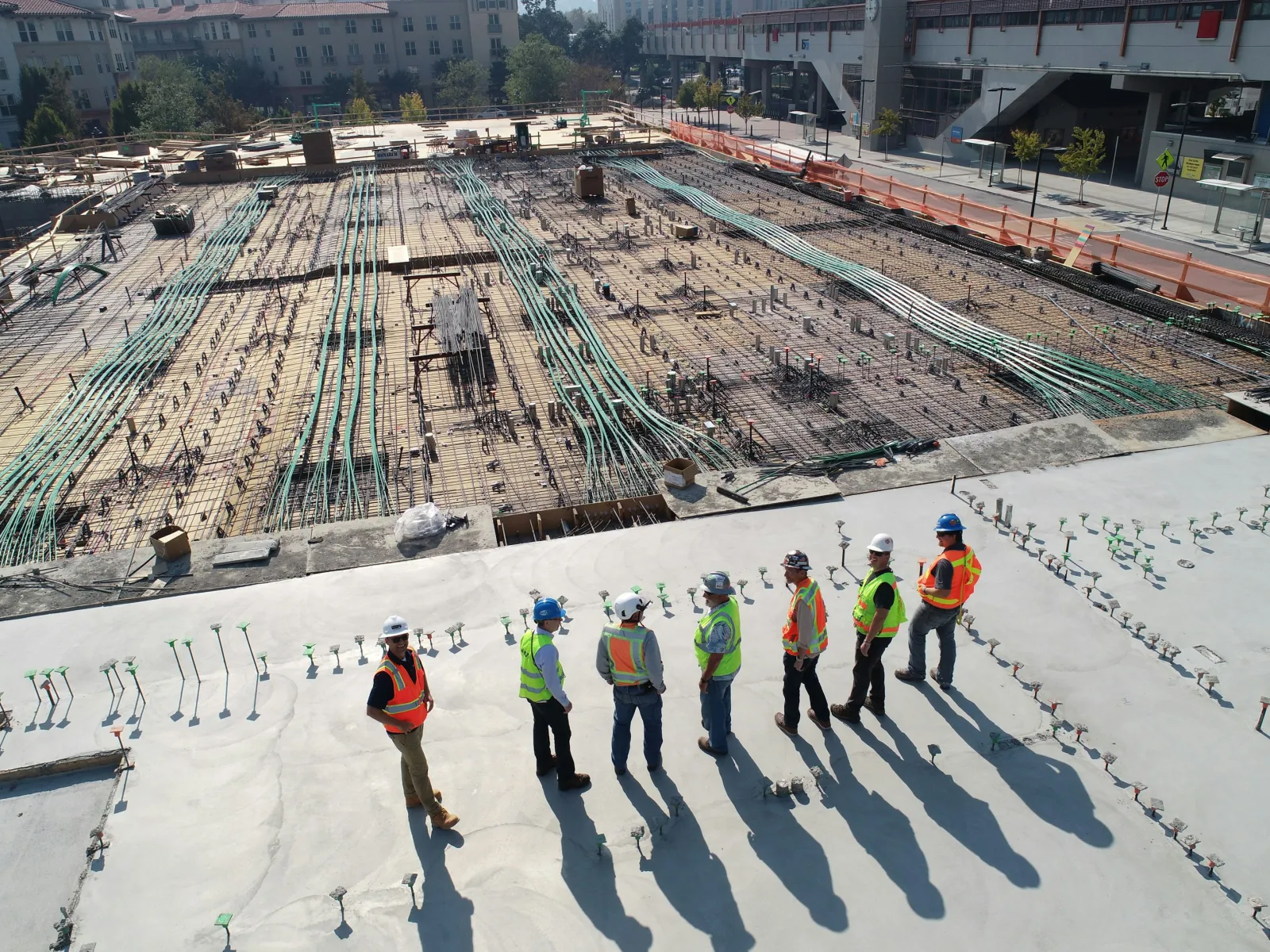
Prevailing Wage and Davis-Bacon Compliance in Colorado
eMars provides certified payroll and compliance solutions tailored primarily for federal projects and select state jurisdictions. While many agencies accept the standard WH-347 form, some states will require their own form. For questions about supported jurisdictions, please contact our team directly.
Components of Wage Determinations
Both federal and state wage determinations include:
- Basic Hourly Rate: The minimum wage must be paid to workers in a specific job classification, excluding fringe benefits.
- Fringe Benefits: Non-cash benefits include health insurance, retirement plans, and vacation.
- Total Hourly Rate: The sum of the basic hourly rate and fringe benefits.
Unique to Colorado, wage determinations often include per diem, a daily expense allowance (if applicable), and Zone Pay, which is Additional compensation based on the distance of the work site from a specified city center.
For example, if the basic hourly rate is $22, fringe benefits are $5, and zone pay is $2, the total hourly rate would be $29. If the contractor does not provide fringe benefits, the worker must receive the entire amount as wages.
Compliance for Contractors and Subcontractors
Contractors and subcontractors working on applicable public works projects in Colorado must:
Determine Applicable Wage Rates
Determine Applicable Wage Rates
Submit Certified Payroll Reports
Submit Certified Payroll Reports
Handle Fringe Benefits
Handle Fringe Benefits
Post Wage Rates On-Site
Post Wage Rates On-Site
Maintain Proper Documentation
Maintain Proper Documentation
Penalties for Non-Compliance
Colorado law (C.R.S. § 24-92-209) imposes specific penalties for non-compliance, including:
-
Fines of $250 per violation
-
Potential debarment from future state contracts
-
The requirement to pay back wages

Unique Aspects of Colorado's Prevailing Wage System
- Limited Scope: Applies only to larger state-funded projects ($500,000+).
- Zone Pay: Including zone pay in wage determinations is a distinctive feature.
- Annual Updates: Prevailing wage rates are updated yearly, more frequently than in some states.
- Local Government Exemption: This does not apply to projects funded solely by local entities.

Relevant Resources
- U.S. Department of Labor Wage Determinations Online (WDOL): SAM.gov - Wage Determinations
- Colorado Department of Labor and Employment (CDLE) Prevailing Wage Page: https://cdle.colorado.gov/prevailing-wage
For the most accurate and current information on prevailing wage requirements, consult the U.S. Department of Labor or your state's official labor website.
Colorado Prevailing Wage FAQs
Does Colorado have a state-specific prevailing wage law?
Yes, Colorado has its own state-specific prevailing wage law that applies to state-funded public works projects. The Colorado Department of Labor and Employment (CDLE) is responsible for setting and enforcing prevailing wage rates on these projects. For federally funded projects, the federal Davis-Bacon Act applies.
How are prevailing wage rates determined in Colorado?
The U.S. Department of Labor determines prevailing wage rates for federally funded projects based on local wage surveys. For state-funded projects, the Colorado Department of Labor and Employment (CDLE) uses local wage data to determine prevailing wages and publishes them for various job classifications and geographic areas.
What are the penalties for non-compliance with prevailing wage laws in Colorado?
Penalties for non-compliance can include:
Fines: Contractors may face financial penalties for failing to pay the correct wage rates.
Back pay: Contractors may be required to pay back wages to workers if they are underpaid.
Debarment: Contractors may be disqualified from bidding on future public works projects.
- Contract termination: Persistent non-compliance could result in contract termination.
How are fringe benefits handled under the prevailing wage laws in Colorado?
Fringe benefits are a required component of the total prevailing wage. Contractors must provide fringe benefits, such as health insurance or pension contributions, as the wage determination specifies. If fringe benefits are not provided, the contractor must pay the equivalent value in cash directly to the workers.

